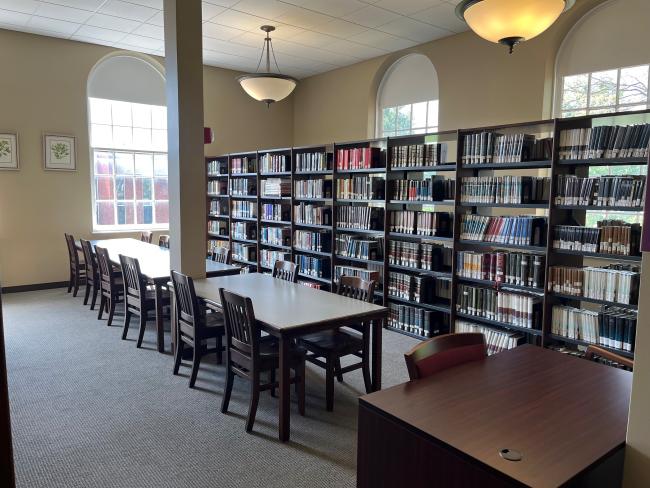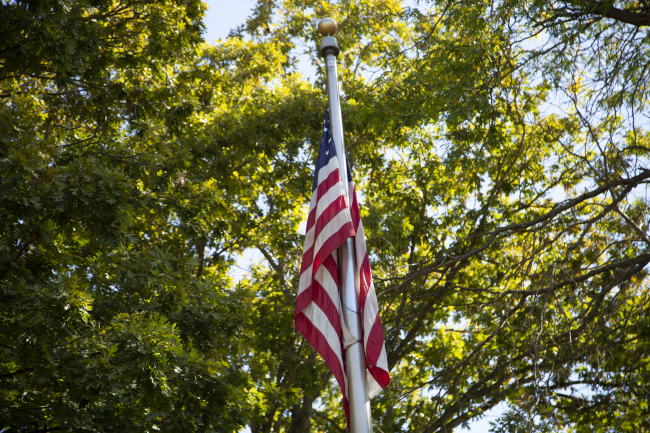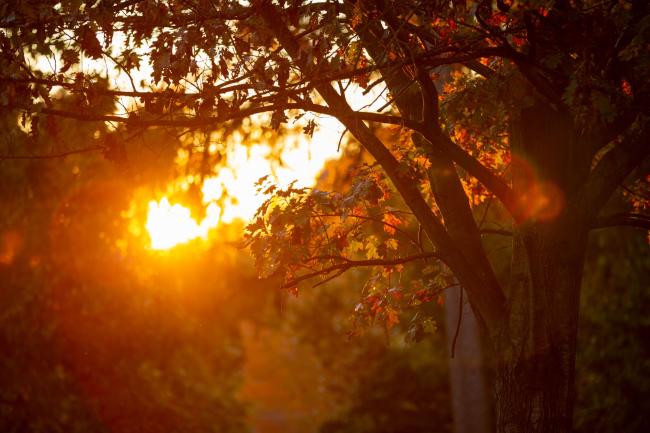For the month of March, we focus on the missing pages of our history books. The pages that highlight the accomplishments of women. The pages that shine a spotlight on the female inventors, activists, leaders, writers, musicians, artists, and trail blazers that forged a path towards equality, opportunity, and freedom.
Did you know that metal fire escapes (Anna Connelly, 1887), windshield wipers (Mary Anderson, 1903), home surveillance equipment (Marie Van Brittan Brown, 1969), globes (Ellen Fitz, 1875), central heating (Alice Parker, 1919), and the science behind cataract surgery (Patricia Bath, 1986) were all developed and invented by women? What about automobile heaters (Margaret A. Wilcox, 1893), the ironing board (Sarah Boone, 1892), medical syringes (Letitia Geer, 1899), bullet-proof fiber (Stephanie Kwolek, 1966), or the circular saw (Tabitha Babbitt, 1812)? All were invented by women. Women who have been given little fame, little time. Women who have made our lives safer, healthier, and easier.
Women are activists, adventurers, and artists. Did you know that Junko Tabei was the first woman to climb Mt. Everest in 1975? Or that Shirley Chisholm was the first African-American to run for President of the United States in 1972? Contributions of women do not live in the past, they live on in our daily lives and continue to positively contribute to the well-being of humanity. After being shot by the Taliban, at the age of 11, because she believed in equal education for both boys and girls, Malala Yousafzai began a crusade to ensure that all girls were given the same rights, freedom, and opportunities to experience education. In 2014, at the age of 17, Malala became the youngest person ever to win the Nobel Peace Prize.
We still have so much to learn. Please join the Writing Center this month as we celebrate, not only the women mentioned above, but the women in our lives who support us and encourage us to grow.
For more information about women’s history, please check out the links below.
Learn more about the Writing Center at Waynesburg University


